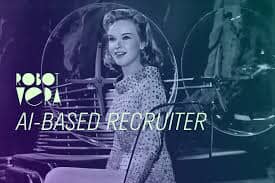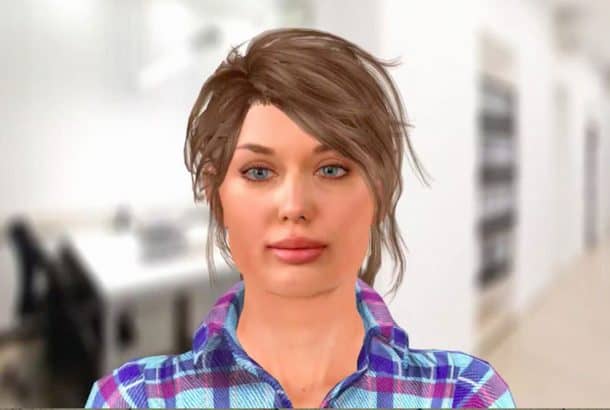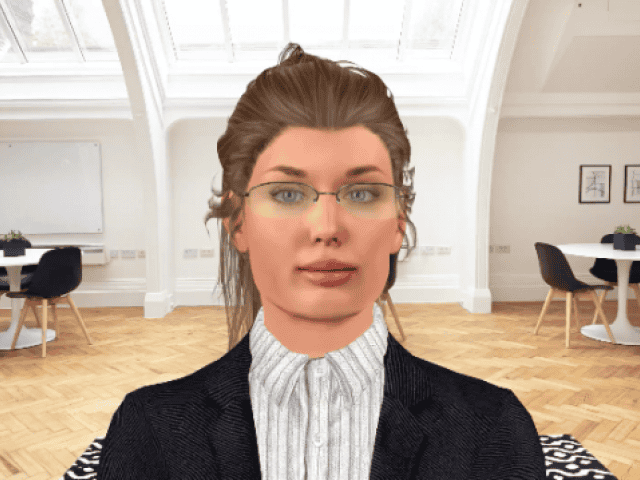Many companies conduct interviews over the phone. It seems strange explaining yourself to someone you can’t see physically, Russian startup Stafory has taken it one step further and the Robot Vera uses AI to conduct job interviews. “It’s machine learning,” said co-founder Alexei Kostarev, as he explained that his firm programmed Vera using 1.4 million interviews, as well as Wikipedia and 160,000 books.
The robot began by following a specific script but has since evolved. “Vera understands the kind of answers candidates give,” Moscow-based Kostarev told AFP by phone. Robot recruiters are beneficial in two ways. They can help keep the cost down and as explained by Kostarev, “When (candidates) give feedback on a job offer, for example, they (say) more honest things they would not tell … a human.”

Robot Vera has 200 clients, which then take the selected job candidates through conventional interviews and final selection. People are now looking at AI more and more to streamline the process. US company ZipRecruiter is touting a real-time selection service, with each job offer posted immediately on as many as 100 websites.
The algorithm goes through all the 10 million people registered with ZipRecruiter and selects the best fits. The employers get a shortlist of candidates and make recruitment much faster.
Ian Siegel, head of ZipRecruiter, told AFP the system works well because “employers aren’t great at describing what they want but they know what they want when they see it”. There are fears that the algorithm that moves so fast might develop bias or prejudice as they are in fact taught by humans.

But “the thing is, the algorithm is so sophisticated, there’s so many different pieces of information, we can’t reverse engineer exactly how it’s coming up with the matches,” Siegel said by phone.
Jeremy Lamri of the Paris-based association of human resources start-ups called LabHR said that one way to counter this risk is to dial down the AI in the system. “It is enough to tell the machine what to look out for; there is no need for machine learning in this,” he said. “If tomorrow someone invents a scanner which can tell simply by looking into your eye whether you can perform well in a job, then I would think most (companies) would adopt it.”
Even if machines like Robot Vera do make the initial choice to shortlist candidates, there should always be human beings that get to make the final choice. Laurent da Silva, head of Adecco recruitment units Badenoch & Clark and Spring said, “It’s like in our private lives. AI can help facilitate meetings, but at the end of the day, it takes two real people to tango.”


